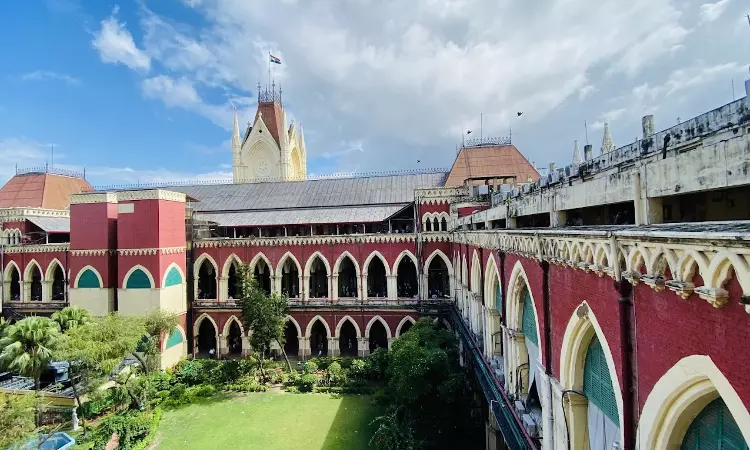Mere Apprehension That Person Would Flee India Is Not Enough To Issue Look Out Circular: Calcutta High Court
Rajesh Kumar
27 Aug 2024 11:45 AM IST

Next Story
27 Aug 2024 11:45 AM IST
The Calcutta High Court bench of Justice Shampa Sarkar has held that mere apprehension that a person would flee India and no steps could be taken to recover the money is not enough to issue a Look Out Circular (LOC) against him. Brief Facts: The matter pertained to a writ petition which was filed by an erstwhile Director of Visa Power Limited ("company in liquidation"). The...
